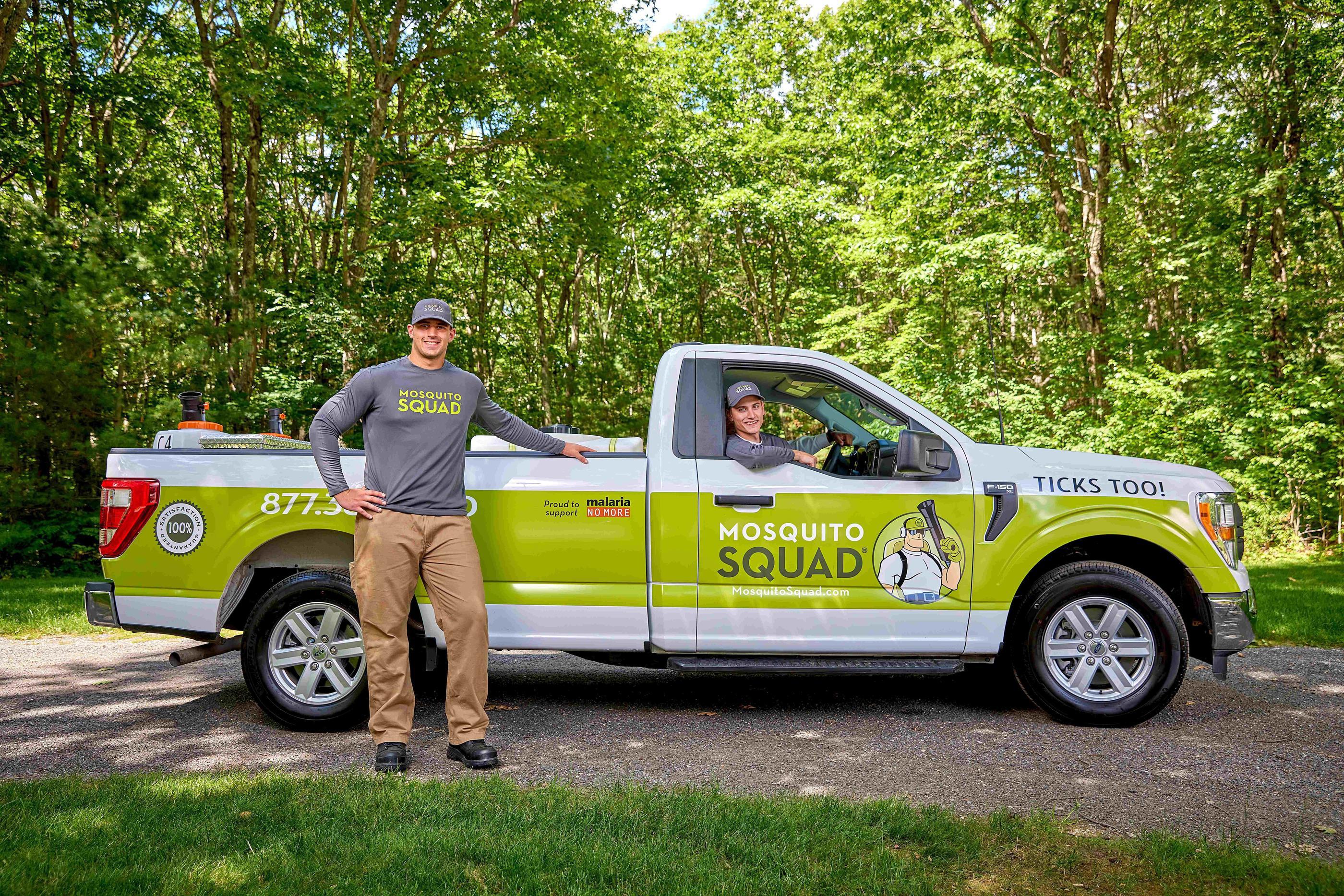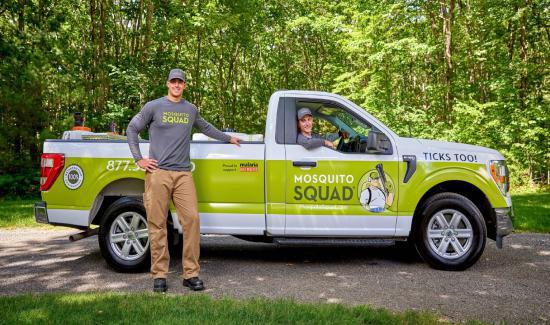
Our highly trained technicians protect families and outdoor spaces from virtually all pesky bugs. We identify the places where pests live and breed and then strategically target those locations with specialized treatments. Our EPA-registered products and services keep your biting and stinging pest population under control with 100% satisfaction guaranteed. Explore our services below and contact us to get started.
If you are not fully satisfied with your service, contact your Mosquito Squad office and we will make it right!
Our Guarantee
